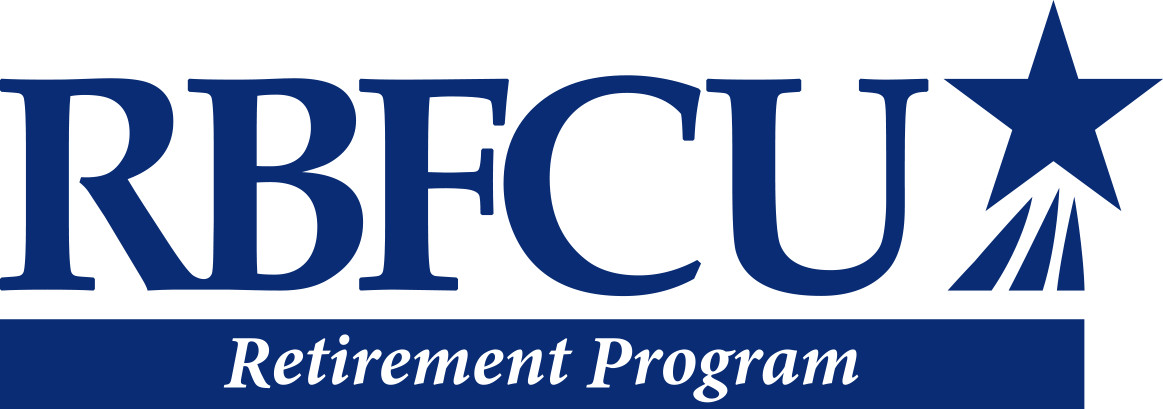Smart Charitable Contribution Strategies for School Employees
When you’re saving for your retirement, you’ll likely consider all the priorities in your life, now and in the future — and that includes supporting nonprofit organizations and causes that mean the most to you. But how can you ensure your generosity is used wisely by the organizations to which you donate? The following strategies can help you determine not only which nonprofits are legitimate, but how to avoid scams and even help ensure your support goes further.

From understanding tax deductions to choosing charities, let’s look at how to make wise choices so your contributions can help provide the biggest impact possible.
1. Do your homework.
To begin, you want to make sure your hard-earned money is being used in the best way possible by the charity to which you’re donating. Take some time to look into the charitable organizations you're considering to understand more about their operations, their fundraising and their programs.
To help you along, there are several websites that examine charitable organizations and rate them based on criteria including administrative practices, how they raise money, how they spend it and how they measure success. Two independent sites providing that data are Charity Watch1 and Charity Navigator.2
» Tip: It’s important to know what qualifies as a charitable contribution — and what documentation you’ll need — to properly deduct it when you file your taxes.3 Keep in mind that the amount you can deduct is limited based on your adjusted gross income. Talk to your accountant or tax attorney for more insights into how your gifts may impact your tax filing.
2. Look out for scams.
Donating to charitable causes isn't just about a tax deduction. Most donors want to find a way to make a difference, support a cause they care about, or help those in difficult circumstances.
Unfortunately, there are groups that prey on that desire to help. Scammers create fake charities, use email blasts and even build fake websites and social media accounts to trick people into believing they are donating to a legitimate cause.
Fraudsters may also initiate direct contact by going door-to-door or through telemarketing. If you are contacted and receive a solicitation, do your research to ensure that you are working with a legitimate charity.
» Tip: Never give money directly to someone whom you don’t know — either in person or over the phone — and don’t click on random links emailed to you. Take the time to gather the information you need, including the charity name, address and any licensing. Do your research. If you’re donating online, go through the charity’s website directly versus an unsolicited link you received through email or via social media.
3. Find what's working well.
Is the charity making progress toward accomplishing its goal? For many donors, that's a key factor in deciding if or how much to contribute. Through their website and annual reports, you can look for key indicators to see how they are doing. The following questions may help guide you:
How much of the donations received go to address their cause?
Most organizations that review charities look to see what percentage of the total funds collected will go toward the cause itself. The concept is that a charity should be efficient, meaning that the bulk of the funds they raise go directly to their cause, not overhead expenses.
A good rule of thumb? When reviewing reports or budget related to a charity, look for the majority of the annual budget to go toward their respective causes.
How efficient are their operations?
Administrative costs and overhead are expected with any organization, but they shouldn't be so excessive that it significantly reduces the amount of money going to the charitable cause.
Do they regularly review their operations and share those findings publicly?
A commitment to transparency can be a good indication of an organization's overall integrity. Ideally, for larger charities, you should be able to find relevant information on the organization's website through an annual report or similarly named document or web page. More reputable smaller charities may also publish this information, too.
4. Consult your financial advisor.
Whichever charities you support, there are many ways to accomplish your donation goals and ensure that your gift is going as far as it can. Like many of the other decisions that go into financial planning, your financial advisor can help you incorporate charitable donations.
One key strategy is to determine your philanthropic goals. Is there a specific cause you’d like to support or an amount you’d like to dedicate to charitable giving?
A financial advisor can help examine your needs and your assets to determine how much — and how often — you can incorporate charitable giving during your financial plan. They can also help you explore if charitable giving can be a part of your estate planning strategy.4
The takeaway
Your charitable giving comes from a place of caring and concern. It's important to know that organizations are making the most of your donations — and that your support is going to a legitimate cause.
Ready to explore how you can incorporate charitable giving into your financial plan? The RBFCU Retirement Program is specifically designed to assist teachers and school district employees. Our financial advisors can explain some of the complexities of your TRS pension and assist you with developing other strategies to help you plan for the retirement you want and deserve.




